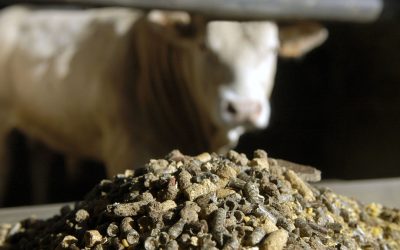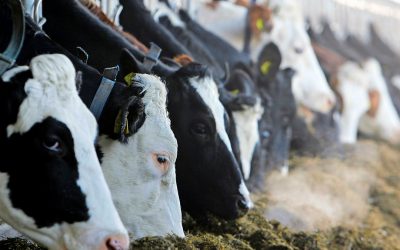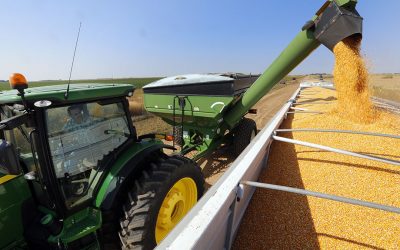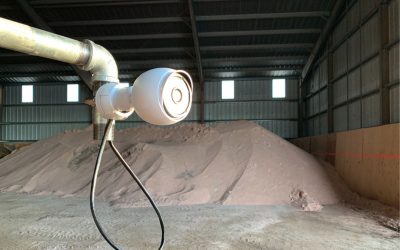Distillers grains contribute to bioethanol profitability
Distillers grains produced by bioethanol plants is as important as the biofuels, the head of UK-based Ensus plant has said, noting the potential for output to cut Europe’s reliance on high protein feed imports.
Alwyn Hughes, referring to the group’s UK plant as a "biorefinery" rather than a biofuels site, said that Europe’s demand for high-protein animal feed had been, at 2.6% a year, rising faster than that for energy.
"It has been surprising, that Europe has relied very heavily on protein concentrates coming from outside Europe," Hughes said.
The biofuels industry offered “the opportunity to become self sufficient in concentrates”.
GM threat.
The comments come at a time of growing concern over the security of Europe’s supplies of protein for animal feed due to the zero-tolerance policy on the use of crops with traces of GM-products. It is becoming extremely difficult to supply 100% free GM-products.
About 80% of the world’s soybean crop is of GM varieties, according to the European Commission, which has warned of "major problems" if the region maintained strict restraints on biotech varieties.
The EU has historically been the world’s biggest buyer of foreign soy meal, with purchases in 2009-10 estimated at some 22m tonnes, more than 40% of world imports.
UK wheat
The distillers grains produced by Ensus’s plant, which processes wheat for biofuel, have a protein content of about 34%, compared with 11% in the raw feed grain.
The Ensus site, which came into operation, will produce 300,000-350,000 tonnes of animal feed, a year besides more than 410m litres of bioethanol and some 300,000 tonnes of carbon dioxide sold to Yara International, the fertilizer group.
It will consume about 1m tonnes of feed wheat a year, of which all supplies so far have been sourced from the UK, Hughes said at the International Grains Council’s conference in London.
Source: Agrimoney











